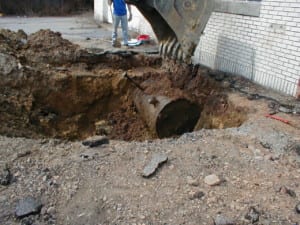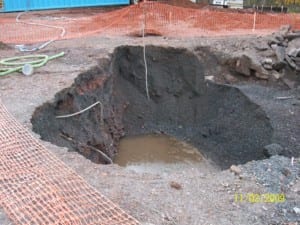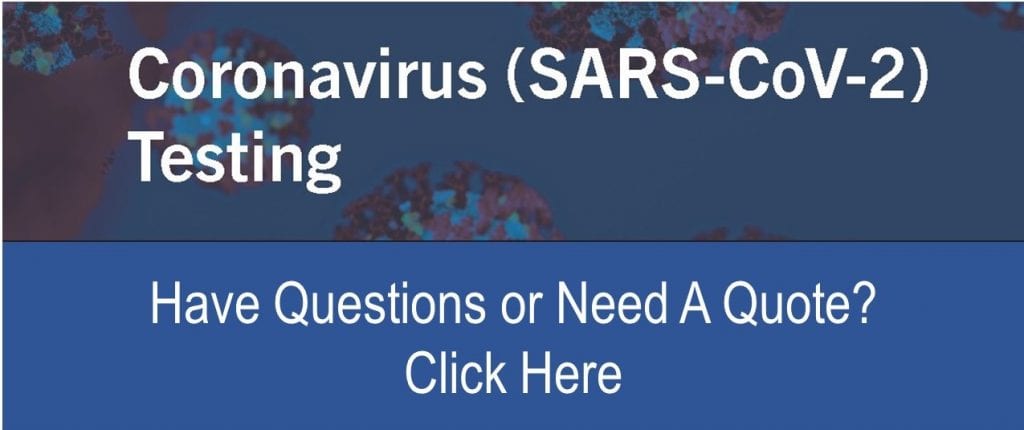Making a claim for leaking UST cleanup costs in North Carolina
 You just detected a leaking underground storage tank. Do you know how to make a claim to cover North Carolina leaking underground storage tank cleanup costs? We have helped our clients near North Carolina put together over 500 claim packages for leaking underground storage tanks and will use our experience to help you compile the correct information to make a successful claim.
You just detected a leaking underground storage tank. Do you know how to make a claim to cover North Carolina leaking underground storage tank cleanup costs? We have helped our clients near North Carolina put together over 500 claim packages for leaking underground storage tanks and will use our experience to help you compile the correct information to make a successful claim.
You notified the North Carolina Department of Environmental Quality (NCDEQ) hotline and reported the leak (as required by law). Now you have an underground storage tank (UST) incident number from the NCDEQ that says you must undertake extensive environmental assessment and remediation activities. What’s next?
Fortunately, if you have a release from an underground storage tank in North Carolina, there is a program called the North Carolina Trust Fund. The fund will cover the first $1 million, and there is a 20% co-payment for the responsible party after the first $1 million up to $1.5 million. However, there are a few steps you have to take in order to be eligible. If you get these steps wrong, you may not receive full funding for your claim.
We will take you through the following steps:
- Ensure the release was reported to the NCDEQ within 24 hours of confirming the release.
- Ensure annual tank fees are paid up to date and on time.
- Complete the eligibility application.
- Prepare the initial claim.
Information Required by NC Trust Fund to Process a Claim for North Carolina Leaking Underground Storage Tank Cleanup Costs
NC Trust Fund will ask for some general details about when and how the spill happened, if any investigation/remediation was conducted, and if you think there may be third party damages. They don’t ask a lot; most of the details they require come from preparing the eligibility application with backup support documentation.
The NC Trust Fund application requires the following information to complete the eligibility application:
- Type of facility (i.e. retail gasoline sales with convenience store, retail sales with repair service, etc.), number of underground tanks, their size, contents, age, material of construction of the tanks and lines at the time of the release (i.e. bare steel, asphalt-coated steel, fiberglass). Type of lines (pressurized or suction), presence of leak detectors, spill and overfill protection. Provide site plan map showing location of all current and former USTs, lines and dispensers.
- Indication of when the release or potential release was first suspected and how the problem manifested itself. Please indicate the date the release was confirmed.
- The name, address and phone numbers of the applicant, last owner/operator of the UST while in use, name of consultant on the application, and land owner (if different from the owner of the UST).
- The cause (source) of the suspected or confirmed release and the time frame of the release. Which tank and/or line was involved? Estimated product lost. When did release begin? Provide action(s) taken to investigate and/or abate the release.
- Property deed for showing property ownership and the date the tank was acquired.
- Provide copies of 24 hours’ notice and test results (soil and groundwater).
- Documentation of when UST was last used if it was removed permanently.
- Provide proof that all of the necessary compliance equipment/monitoring devices were present and functioning prior to release discovery.
- Use most recent compliance inspection report that was completed by NCDEQ UST Section.
- Is there any other pollution insurance in effect for your facility that would provide pollution coverage for this release? If so, please provide the name of your insurance company, their address and phone number, and your policy number.
Cleanup costs to comply with NCDEQ regulations can be astronomical. By putting together an application package, your liability may be limited to the lowest available deductible. If Ambipar Response EMS performs the environmental assessment and cleanup, we accept payment directly from NC Trust Fund for all covered costs.
For more information about the NC Trust Fund and the Underground Storage Tank section, please check out the North Carolina DEQ website.

For more information regarding financial responsibility and eligibility requirements for underground storage tanks, check out these articles:
What is My Financial Responsibility for Owning an Underground Storage Tank in North Carolina?
Eligibility Requirements for North Carolina Cleanup Cost Reimbursement


